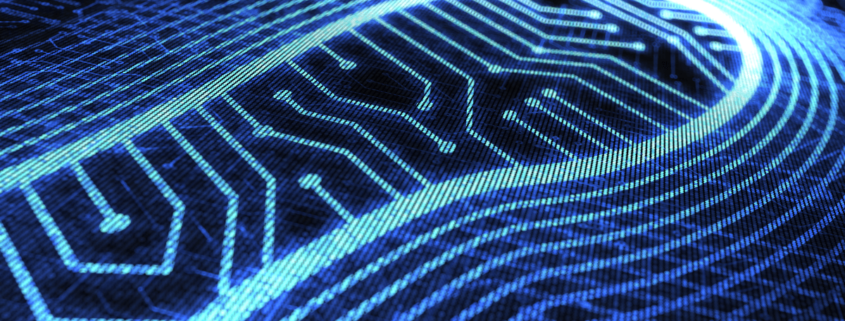Digital Evidence in Divorce Proceedings: How Social Media and Digital Footprints Can Impact a Case
Evidence in modern divorce cases often relies heavily on technology—who needs eyewitnesses to a partner’s cheating when your own doorbell camera can catch your partner in the act? With the rise of social media, digital evidence has become a critical part of many legal battles.
Wondering what role the Internet will play in your divorce? Let’s talk about what to expect. Call Pence Law Firm at 304-345-7250 to get started.
Types of Digital Evidence
Digital evidence in divorce cases usually comes from a variety of sources. Common types are text messages, emails, and digital photos, which can reveal communication patterns, financial details, and behavior. Digital photos may also have metadata that can identify when and where photos were taken.
GPS data from smartphones and vehicles can track someone’s location throughout the day, and that information can be used to find trends and habits. App usage history can also provide insights into personal habits or interactions relevant to a divorce case—such as online gambling or the use of dating apps.
Social Media’s Role in the Formation of Digital Evidence
Social media platforms like Facebook, Instagram, and TikTok play a role in a growing number of divorce cases. Posts, comments, and private messages shared on these platforms are often useful as evidence—just watch an influencer divorce play out on TikTok for proof. For example, if one partner claims financial hardship but posts photos of lavish vacations and luxury purchases, that’s a good sign that you should be looking for hidden bank accounts or assets.
On a similar note, photos or status updates that hint at infidelity can be used in court. Social media activity can affect decisions on child custody and property division. For example, social media posts showing a parent engaged in illegal behavior may make the court question their ability to be a safe parent.
Legal Considerations Regarding Digital Evidence
Courts are taking digital evidence more seriously nowadays, but it must meet certain standards to be used in court. First, the evidence must be relevant to the issues at hand, meaning it should directly relate to the case. For example, a text message about hidden assets is relevant in a divorce case, but a text message saved just to embarrass the other party is not.
Second, the evidence must be authentic. This means it has to be proven as real and not tampered with. You may want to work with a forensic accountant if the other side hints at any potential issues with the reliability of your evidence.
Privacy is another key concern. The way digital evidence is collected must respect privacy laws. For instance, hacking into your partner’s account to get evidence can be illegal and make the evidence unusable in court.
If you’re unsure how to handle digital evidence, seeking legal advice is essential. You do not want to unintentionally break the law and get yourself into legal issues while you’re just trying to prepare for your divorce. Lawyers can help ensure that the evidence is collected and presented properly.
Protecting Your Digital Privacy
With digital evidence playing a significant role in divorce proceedings, protecting your online privacy is incredibly important. Start by reviewing privacy settings on social media accounts and limiting the information you share online. Be cautious about what you post, and consider the potential consequences if your digital footprint becomes part of a legal case. Consider this: if you’d be embarrassed to have a judge read a post or look at a photo you posted in court, think twice about posting it.
This is also a good time to double-check your friends list. You may be friendly with mutual friends or in-laws, but you should still be careful about what they have access to. Information passed along by them can not only harm your divorce case but also cause extra pain during an already difficult time.
If you suspect misuse of your digital data, take immediate steps to secure your accounts. This includes changing passwords and monitoring for any unauthorized access. You may also want to set up two-factor authorization, which requires you to approve access to an account from a secondary device. Being proactive about digital privacy can help safeguard your information during a divorce.
Choose Pence Law Firm for Your Divorce Case
While divorce is never easy, the team at Pence Law Firm can make this time less stressful and allow you to focus on yourself. Schedule a consultation by contacting us online or calling us at 304-345-7250.




